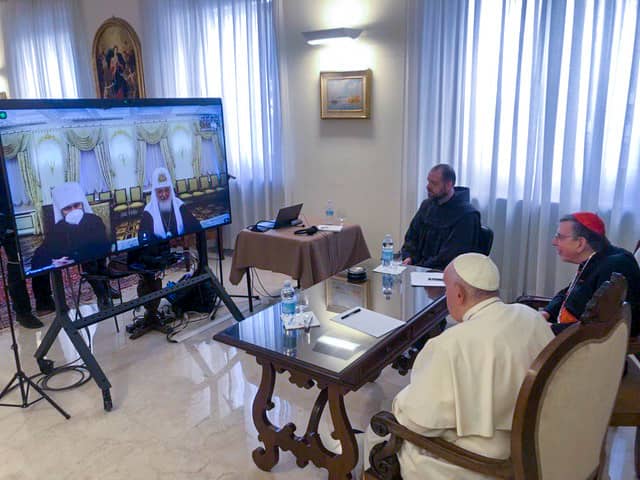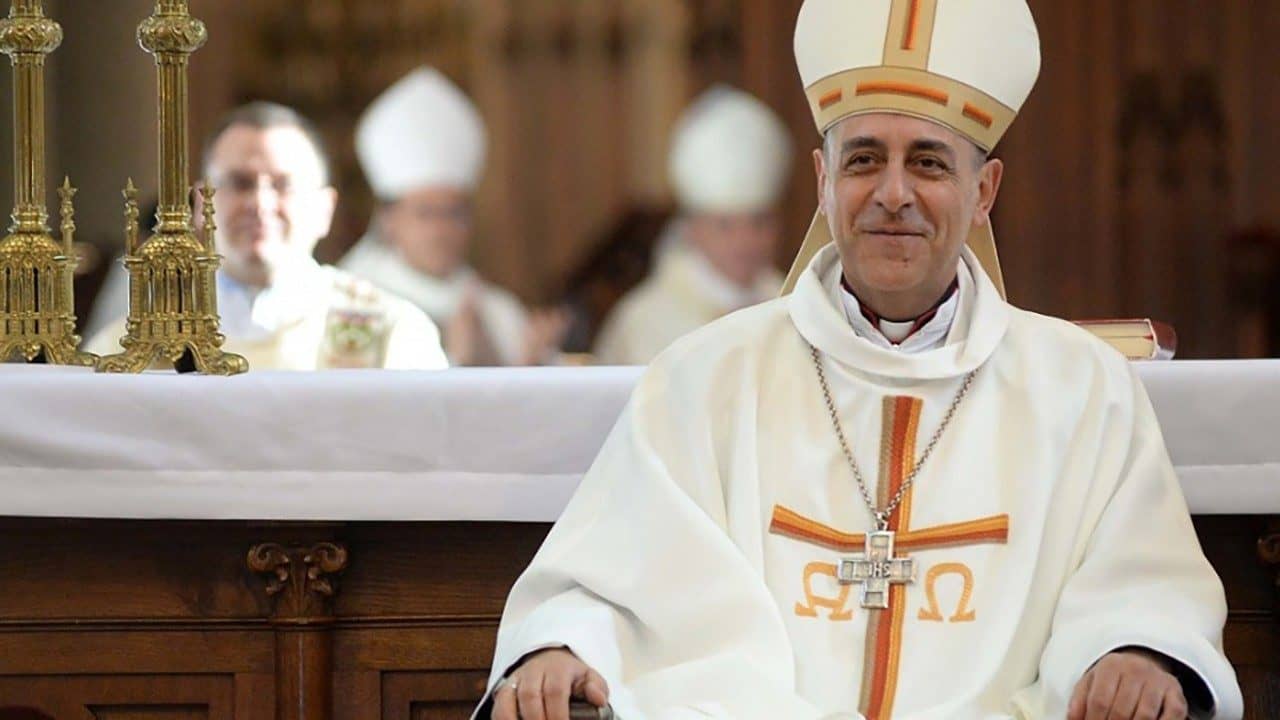ROME – In thinking about the deal between the Vatican and China on the appointment of bishops announced on Saturday, the central point to be clear on is that there’s not really much to think about.
It says something about public discussion in the early 21st century that the deal has already been described as both an “incredible betrayal” and a “positive fact for Chinese Catholics” before anyone actually knows what it contains.
What the Vatican announced today is that a deal has been signed, but no hint about what it actually contains. It’s not clear, for instance, if the Chinese government will pick a bishop from candidates proposed by the Vatican, whether the Vatican will pick from a list proposed by the Chinese, or whether the pope would have some sort of “veto power.”
All we do know is that as part of the accord, Pope Francis has agreed to accept eight bishops who’ve been appointed by the government without Vatican approval, one of whom is now dead. A Vatican statement said that Francis did so in “hopes that, with these decisions, a new process may begin that will allow the wounds of the past to be overcome, leading to the full communion of all Chinese Catholics.”
Lacking that sort of information, it’s impossible to evaluate exactly how much power over bishops’ appointments the Vatican actually has surrendered, let alone what the long-term implications of doing so may be.
It’s also worth emphasizing that it’s been described as a “provisional agreement” subject to review, perhaps reflecting, among other things, that not everyone on the Chinese side is in a full, upright and locked position on the idea. China-watchers have long felt the ruling class is divided between moderates who support a deal, and Communist hardliners who see it threatening the party’s grip on society and thus on power.
However, even in the absence of the details, there are three points that can be made.
First, however you slice it, this is a diplomatic win for Francis and his team. Whatever one thinks of the merits of making a deal — and there are strong voices who think it’s ill-advised, including members of the staunchly anti-Communist underground Church in China — it’s been abundantly clear that it’s a top priority for Francis, and detractors thought he might never get it.
China’s ruling class, or so the theory went, were basically content with the status quo, so they were stringing things out because they didn’t want to be the ones to formally shut down the dialogue. According to this view, however, they never had any real intention of signing on the dotted line.
Obviously, they’ve now signed something, whatever it turns out to be. Given how much diplomatic credibility the Vatican has invested in getting to this point, the mere fact of having arrived has to go in the win column.
Second, it’s also another case in which Francis often gets credit, or blame, for steps taken as unique to him but which actually are in clear continuity with his predecessors St. Pope John Paul II and Pope emeritus Benedict XVI.
Both John Paul and Benedict were eager for progress in diplomatic relations with China, and willing to do pretty much whatever it took to get there. It was under John Paul, not Francis, that the cardinal secretary of state announced that the Vatican would close its embassy in Taiwan “not tomorrow, but today” if the invite from Beijing ever came.
The Vatican’s basic diplomatic and geopolitical calculation is that in order to function as a voice of conscience on the global stage it has to engage China, because it’s increasingly a superpower with massive worldwide influence. Moreover, it also sees the long-running split in China between an “official” and an “underground” Church as injurious to the Church’s health and has long aspired to heal the split.
To accomplish those two objectives – engaging China and unifying the country’s Catholics – the Vatican has long felt that almost any deal was better than no deal at all, a stance that hardly originated under the present administration.
Third, it’s not at all clear that today’s announcement necessarily means that formal diplomatic ties between Rome and Beijing are right around the corner, or that a new day is about to dawn in terms of religious freedom for the roughly 13 million or so Catholics in China.
In the short term, actually, things could get worse before they get better, given the notorious “one step forward, one step back” policy of the Chinese government on many fronts. Moreover, if tensions within the party over its religious policy intensify as a result of this deal, hardliners may be seeking opportunities to reassert control by tightening restrictions on the ground.
In other words, probably the only bit of commentary heard so far on Saturday’s announcement that seems unquestionably objective came from Vatican spokesman Greg Burke, who said the deal is “not the end of a process, but the beginning.”

















